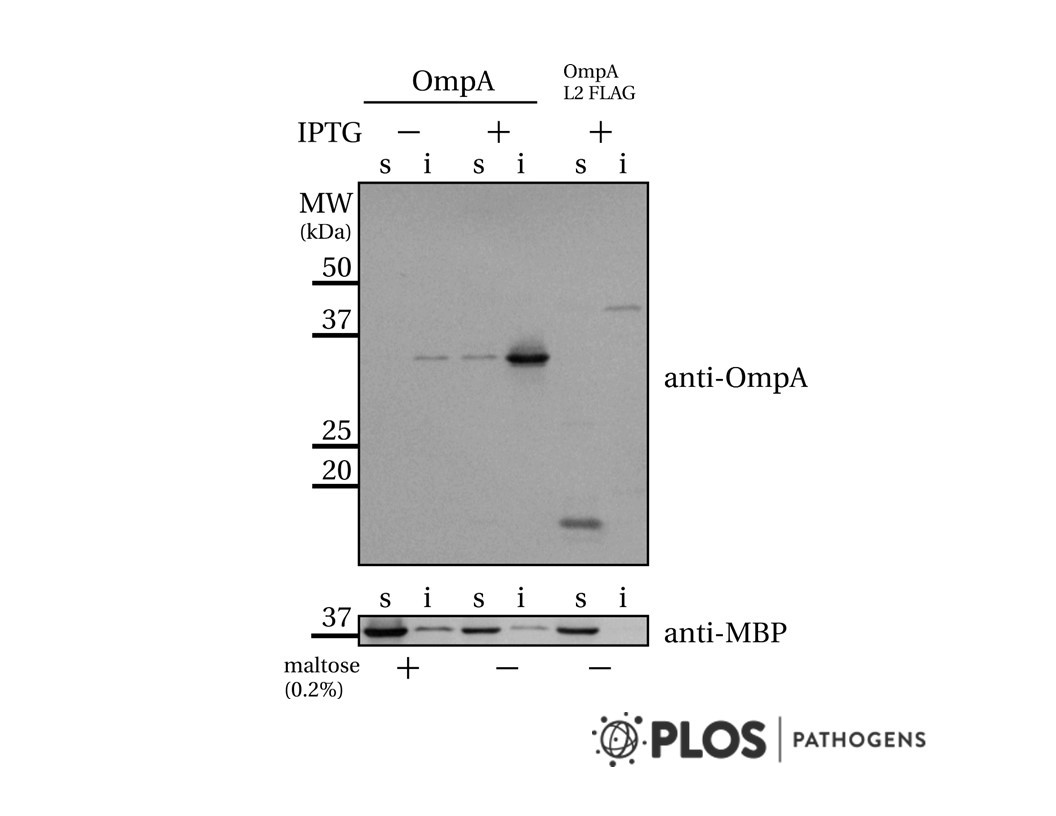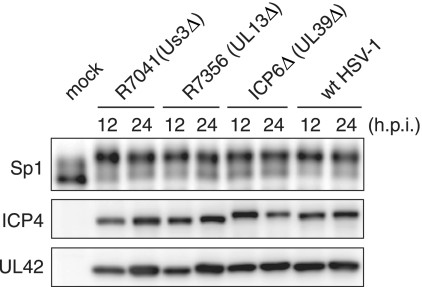
Cat. #151236
Anti-Envoplakin [CRENV-1]
Cat. #: 151236
Sub-type: Primary antibody
Unit size: 100 ug
Availability: 10-12 weeks
Target: Envoplakin
Class: Monoclonal
Application: IHC ; IF ; IP ; WB
Reactivity: Human
Host: Mouse
£300.00
This fee is applicable only for non-profit organisations. If you are a for-profit organisation or a researcher working on commercially-sponsored academic research, you will need to contact our licensing team for a commercial use license.
Contributor
Inventor: Fiona Watt
Institute: Cancer Research UK, London Research Institute: Lincoln's Inn Fields
Tool Details
*FOR RESEARCH USE ONLY (for other uses, please contact the licensing team)
- Name: Anti-Envoplakin [CRENV-1]
- Research fields: Cell biology;Cell signaling and signal transduction
- Clone: CRENV-1
- Tool sub type: Primary antibody
- Class: Monoclonal
- Conjugation: Unconjugated
- Strain: Balb/c
- Reactivity: Human
- Host: Mouse
- Application: IHC ; IF ; IP ; WB
- Description: Envoplakin is a component of the cornified envelope (epidermal barrier) and a member of the plakin family of cytoskeletal linker proteins. It has been shown to be a precursor of the cornified envelope and has homology to desmoplakin amongst other keratin binding proteins.
- Isotype: IgG1
- Myeloma used: Sp2/0-Ag14
Target Details
- Target: Envoplakin
- Target background: Envoplakin is a component of the cornified envelope (epidermal barrier) and a member of the plakin family of cytoskeletal linker proteins. It has been shown to be a precursor of the cornified envelope and has homology to desmoplakin amongst other keratin binding proteins.
Applications
- Application: IHC ; IF ; IP ; WB
Handling
- Format: Liquid
- Concentration: 0.9-1.1 mg/ml
- Unit size: 100 ug
- Storage buffer: PBS with 0.02% azide
- Storage conditions: -15° C to -25° C
- Shipping conditions: Dry ice
References
- Poot et al. 2013. Br J Dermatol. 169(5):1016-24. PMID: 23796242.
- Laboratory diagnosis of paraneoplastic pemphigus.


![Anti-CAR Whitlow Linker [1C3C3]](https://cancertools.org/wp-content/uploads/Figure-6-Kimble-et-al.-J-Immunother-Cancer-2025-300x322.jpg 300w, https://cancertools.org/wp-content/uploads/Figure-6-Kimble-et-al.-J-Immunother-Cancer-2025-280x300.jpg 280w, https://cancertools.org/wp-content/uploads/Figure-6-Kimble-et-al.-J-Immunother-Cancer-2025-954x1024.jpg 954w, https://cancertools.org/wp-content/uploads/Figure-6-Kimble-et-al.-J-Immunother-Cancer-2025-768x824.jpg 768w, https://cancertools.org/wp-content/uploads/Figure-6-Kimble-et-al.-J-Immunother-Cancer-2025.jpg 1193w)


